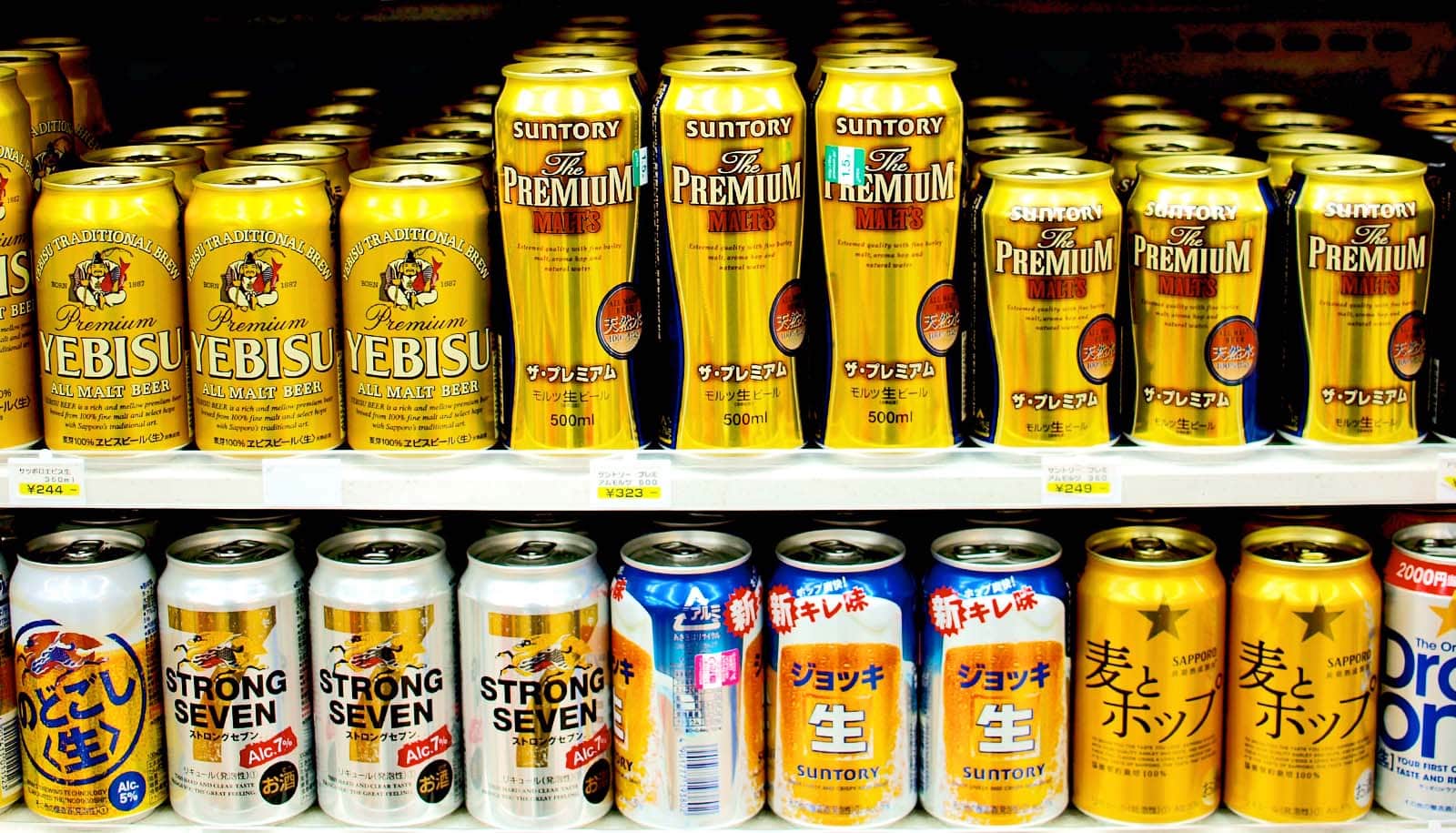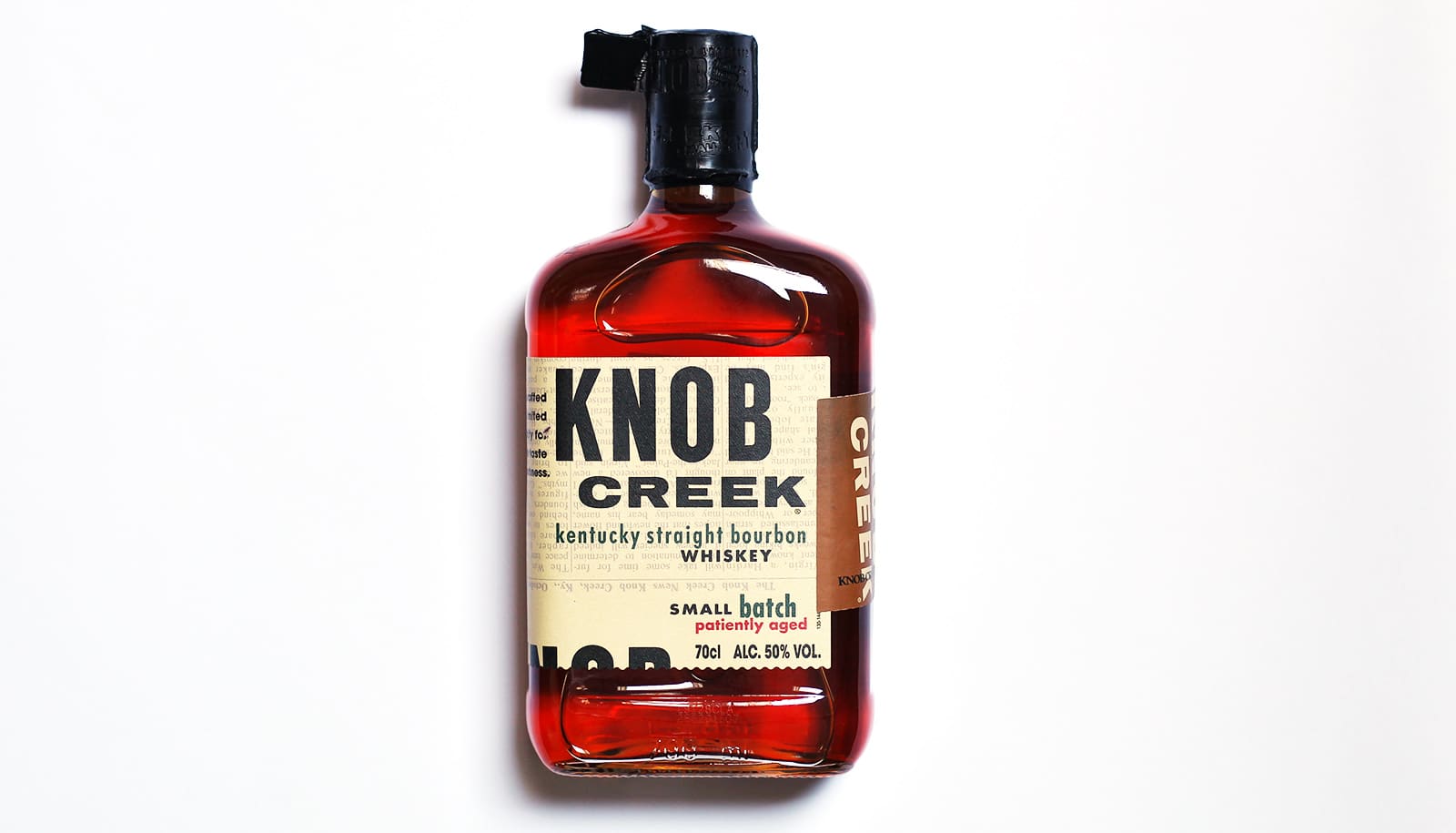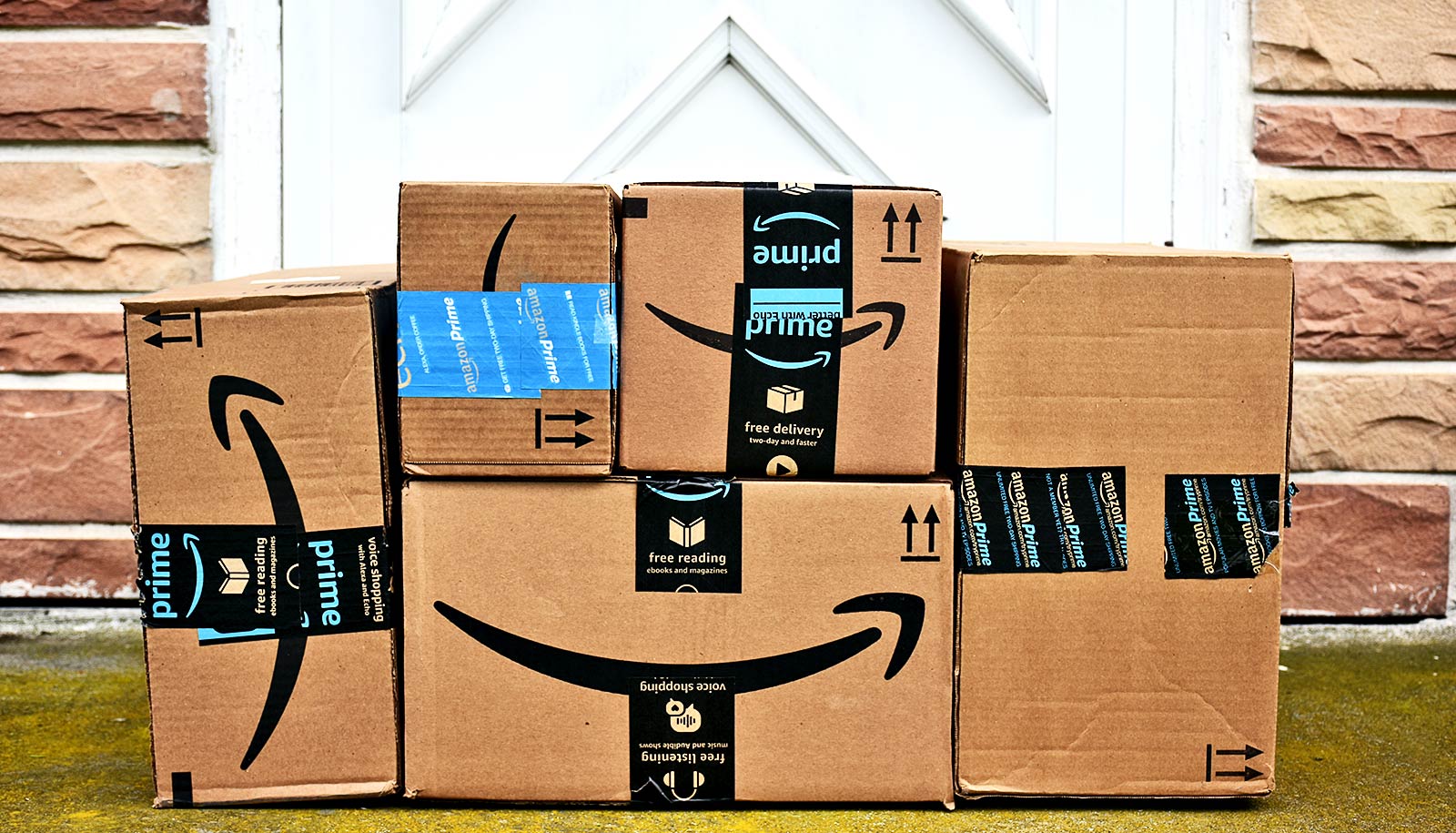New findings show how scarcity marketing gets us to snap up products.
Researchers investigated the Japanese beer market, where limited-time products—sold in limited batches or with a set end date, for example, for a specific season or event—are a popular strategy for creating the impression of scarcity in consumers.
“I think it’s an important contribution to the literature that we quantify the empirical impact of this scarcity marketing strategy,” says Minjung Kwon, assistant professor of marketing at Syracuse University.
As reported in the Journal of the Academy of Marketing Science, the researchers used rich individual-level transaction data from one of the largest consumer panel polls in the Japanese market to estimate a model of consumers’ beer purchases. They found that compared to “regular” new products, limited-time launches create a rapid jump in demand in the first few weeks. “So you can attract more of the consumer eyeballs and their trials in the beginning,” Kwon says.
For that reason, it may be beneficial for brewers to front-load the production and distribution of their limited batches to make them as widely accessible as possible early on, as consumer demand tends to dwindle faster than store coverage (availability across various retail outlets).
By promoting limited-time beers under an existing brand—known as umbrella branding—brewers benefited from existing consumers’ loyalty to the brand. According to the researchers’ model estimates, this spillover effect outweighed potential concerns about the cannibalization at the brand level. The spillover effect was much greater from the “child” product to the “parent” product than vice versa and lasted even when the limited-time beer went off the market.
“Considering the inherently short lifetime of the limited-time offerings, marketing managers need to design effective marketing programs at the time of product launch,” Kwon says. “The benefits of launching limited-time products over regular new products are more evident in the initial launching periods, and the umbrella branding helps alleviate consumers’ perceived risks involved in new product trials.”
Coauthors the study are from New York University’s Stern School of Business and Meiji University.
Source: Syracuse University



